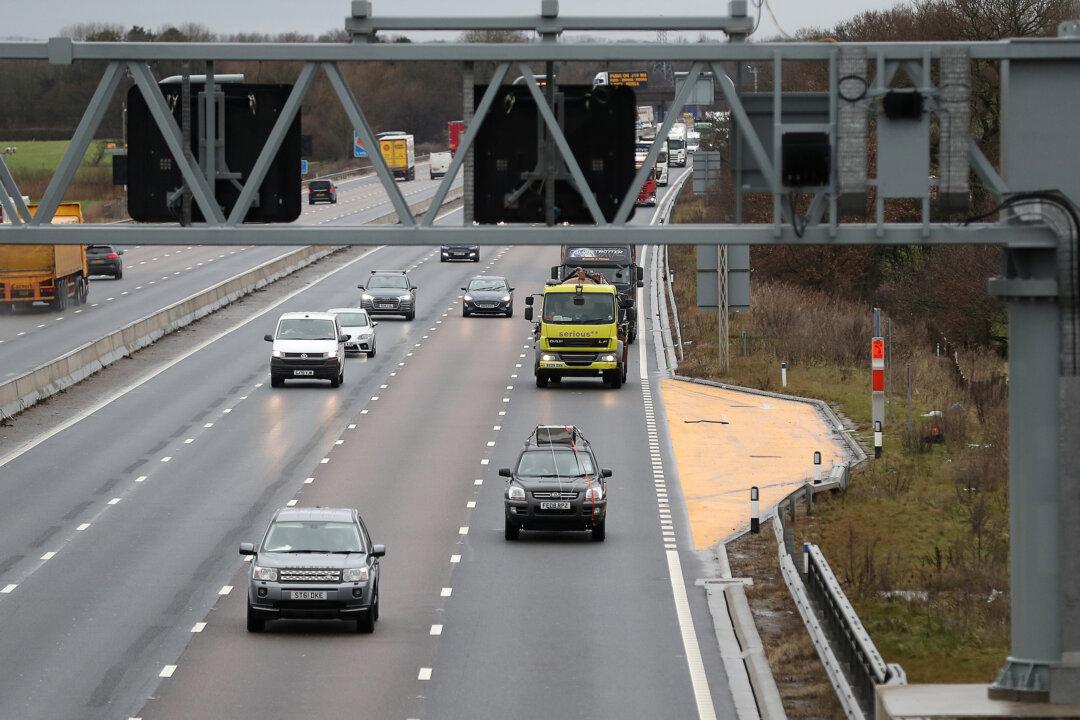Nearly 7 in 10 drivers want the hard shoulder reinstated on so-called smart motorways, new research suggests.
Around 10 percent of England’s motorway network is made up of smart motorways, which were developed to increase capacity without requiring more traffic lanes.





